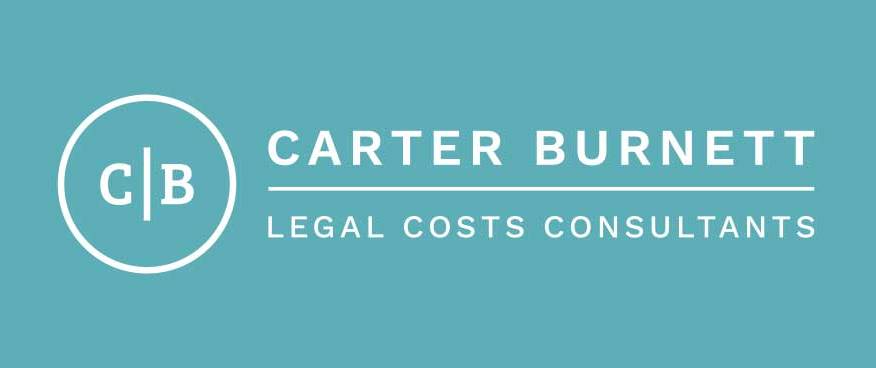When should a costs budget be filed?
Posted on 13th January 2023 at 14:15
By Jon-Paul Burnett, Founder and experienced Costs Draftsman
Filing and exchanging Costs Budgets remains a critical consideration for litigators.
In UK law, a Costs Budget is often referred to as a Precedent H, a document which is required in most Part 7 Multi-Track cases.
To achieve compliance, it’s vital to be clear about the Budget rules – especially for cases where a Court directs it (PD 3E 2(a)).
The consequences of not getting it right can be severe and include a restriction of recoverable costs to court fees only.
When should a Precedent H costs budget be filed?
Save for a small number of exceptions and unless the court orders otherwise, all parties (except litigants in person) MUST file and exchange budgets – setting out their estimated costs for each stage of the proceedings (in most Part 7 Multi-Track cases).
Should a party file and exchange a budget, all other parties (except litigants in person), MUST file an agreed budget discussion report no later than 7 days before the first Case Management Conference.
In multi-track cases where the claim value is under £50,000 (on a claim form), you MUST file a Costs Budget with the Directions Questionnaire (as per CPR r.3.13 a).
The rules state “less than £50,000” (£49,999.99 or less). If your claim is valued at exactly £50,000.00 then it is open to say that the Precedent H does not need to be filed and exchanged until 21 days before the first Case Management Conference. It is also of relevance when considering what kind of Precedent H is required (see below).
For any other case where the claim is pleaded over £50,000 you MUST file a Costs Budget no later than 21 days before the first Case Management Conference. (3.13 b) or in accordance with any other Order.
Significantly, a Costs Budget is NOT required for matters where:
• The value is in excess of £10million
• Any claim brought by or on behalf of an under 18 (a minor claim)
• Limited or severely impaired life expectancy (5 years or less remaining)
• Where the Court chooses to disapply budgeting
Crucially, the Court has the discretion to disapply the exemptions. The only cast-iron guarantee of a given outcome is to seek clarification from the Court directly. Parties cannot contract out of costs budgeting, and the Court retains the power to make costs management orders as it considers appropriate.
What kind of Costs Budget do I need?
In cases where costs do not exceed £25,000 or the value of the claim form is less than £50,000, then you are only required to use the first page of the Precedent H (CPR PD3E 4(b)). There are tactical considerations and it may be appropriate to file and exchange more than just the front page.
For cases where costs exceed £25,000.01 or where the value of the claim exceeds £50,000.00 then a full Precedent H is required.
For cases valued at £50,000.00 then to avoid any issues we would recommend filing a full Precedent H. The adopted wording of the rules appears such that the front page only requirements could only apply where the case is valued at £49,999.99 or less. If a partial Costs Budget is provided then the court could treat you as not having filed a Precedent H at all. The sanctions for this could be significant. It would be a brave litigator who takes on such a risk!
We do not act on behalf of 'Litigants in person' as they do not typically have to file and exchange budgets or a budget discussion report, in accordance with CPR 3.13.
What happens if a Costs Budget is not filed?
If you fail to file the Costs Budget, you’re essentially working for free. And not through choice!
This is because the failure to file a Budget means that recoverable costs are limited to the applicable Court fees only – unless the Court otherwise orders (3.14).
In practice, this would severely prejudice a client’s ability to continue with their claim as they would be unable to recover their Solicitor’s fees.
Alternatively, it may mean running a claim without the ability to recover substantive portions of costs. Some degree of costs is rescuable, thanks to CPR r36.23 – which permits a recovery of 50% of the costs assessed – although this is contingent upon a party beating their Part 36 offer at a final hearing.
At Carter Burnett, we strongly recommend following the best practice of filing a Precedent H with the Directions Questionnaire – as this avoids the risk of only being awarded Court fees. You can then update the incurred costs so they include those costs incurred up to and including the CMC hearing.
If you do forget to do this, it is vital to make a ‘Relief from Sanctions’ application as soon as possible, as this could help to rectify the error.
This must be done immediately in the event that any party raises an issue or upon realising any default. This is something we are able to assist with at Carter Burnett, but it always remains the case that compliance is the best defence.
How we help provide Costs Budget clarity
The purpose of a Costs Budget is to provide clarity to all parties (including the Court) about how much costs they would be exposed to in the event of a loss.
In our experience, we recommend that litigants proceed with care and always err on the side of caution.
Should you need help or advice about when to file a costs budget, please get in touch or call 01482 534567 for an informal discussion.
Our experts can handle every aspect of the Costs Litigation process - and our fees are recovered within the final bill of costs as part of the costs management process.
Share this post:


